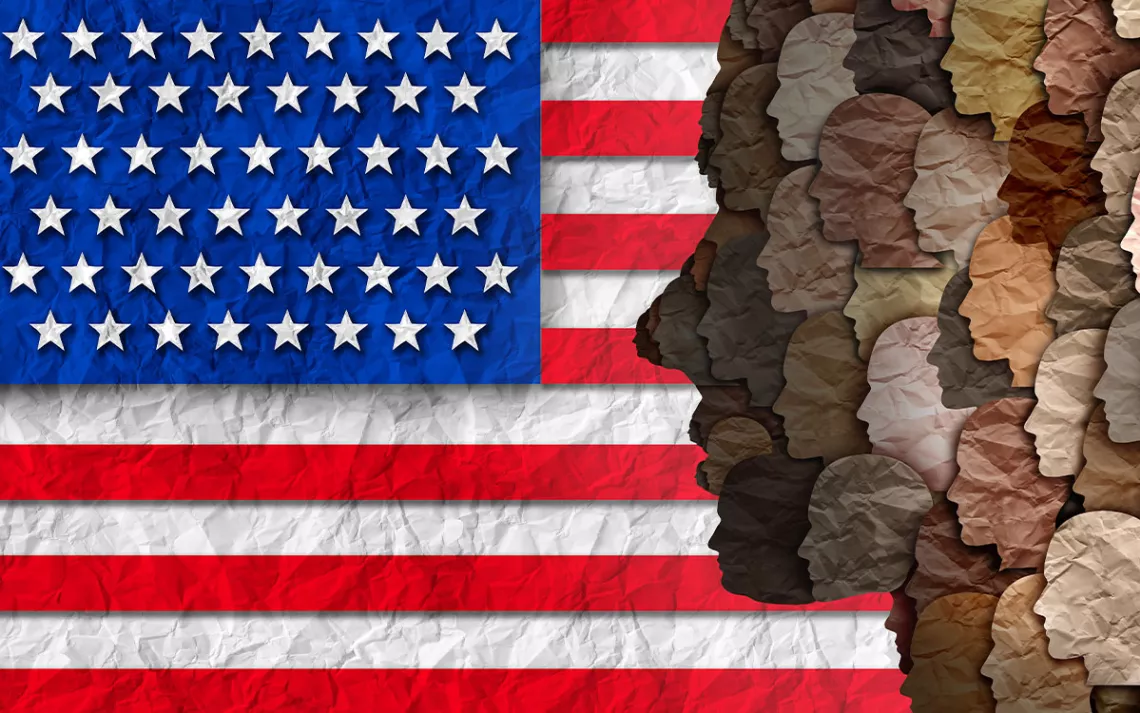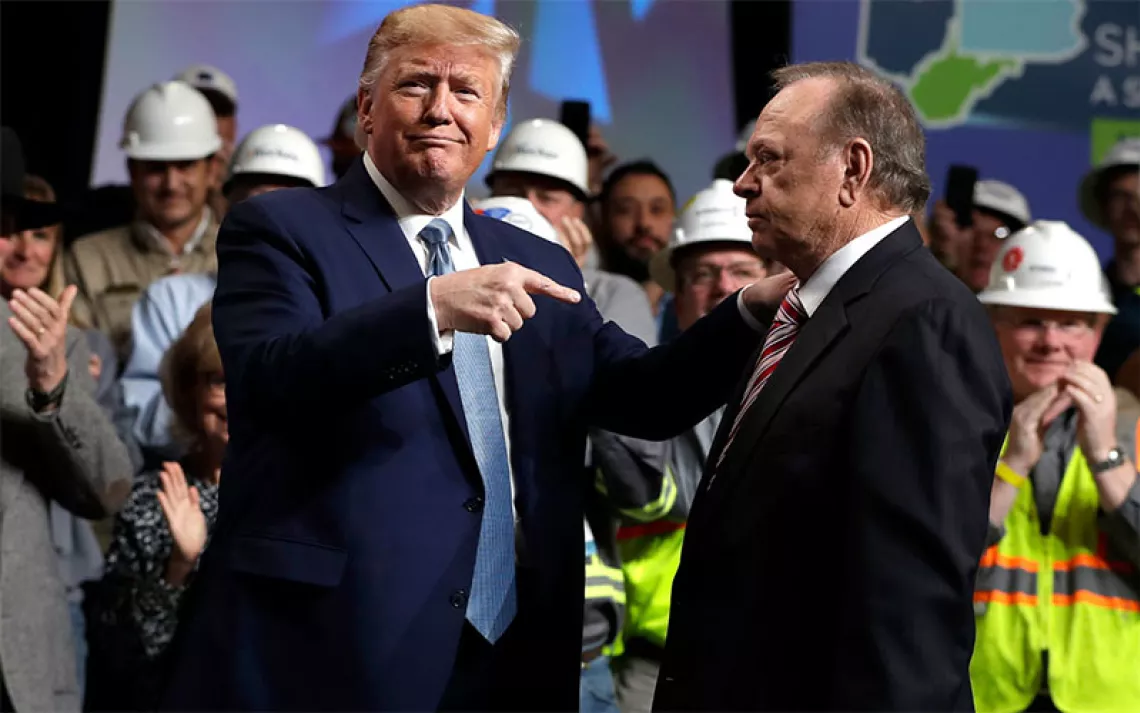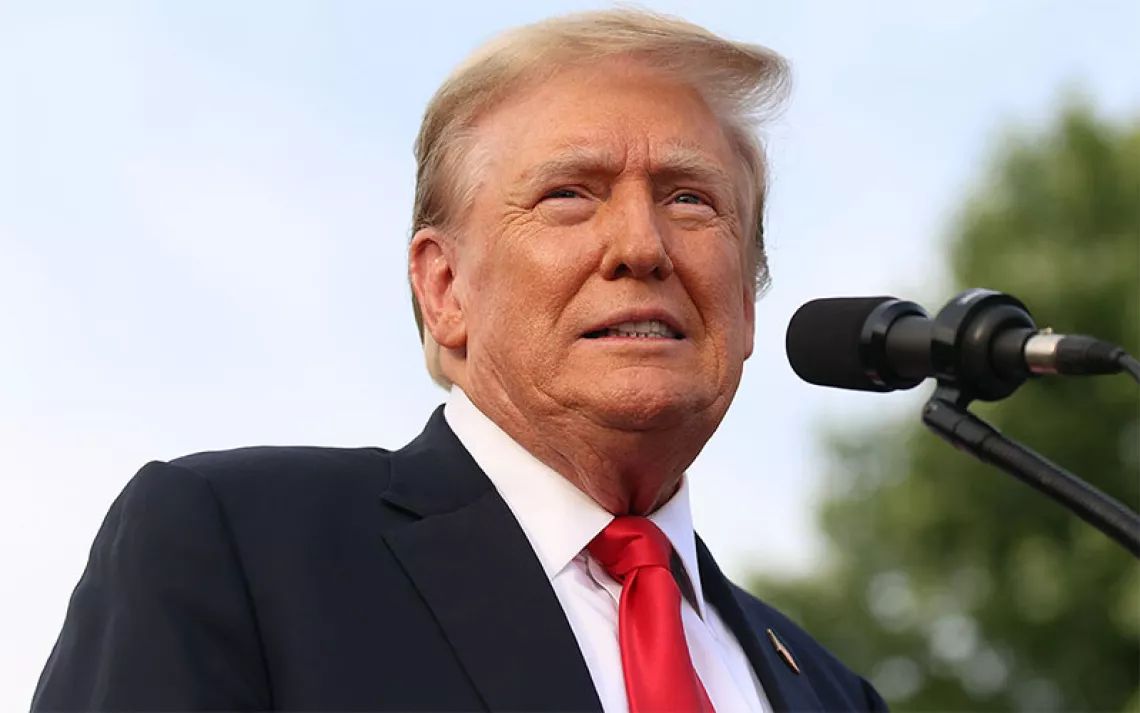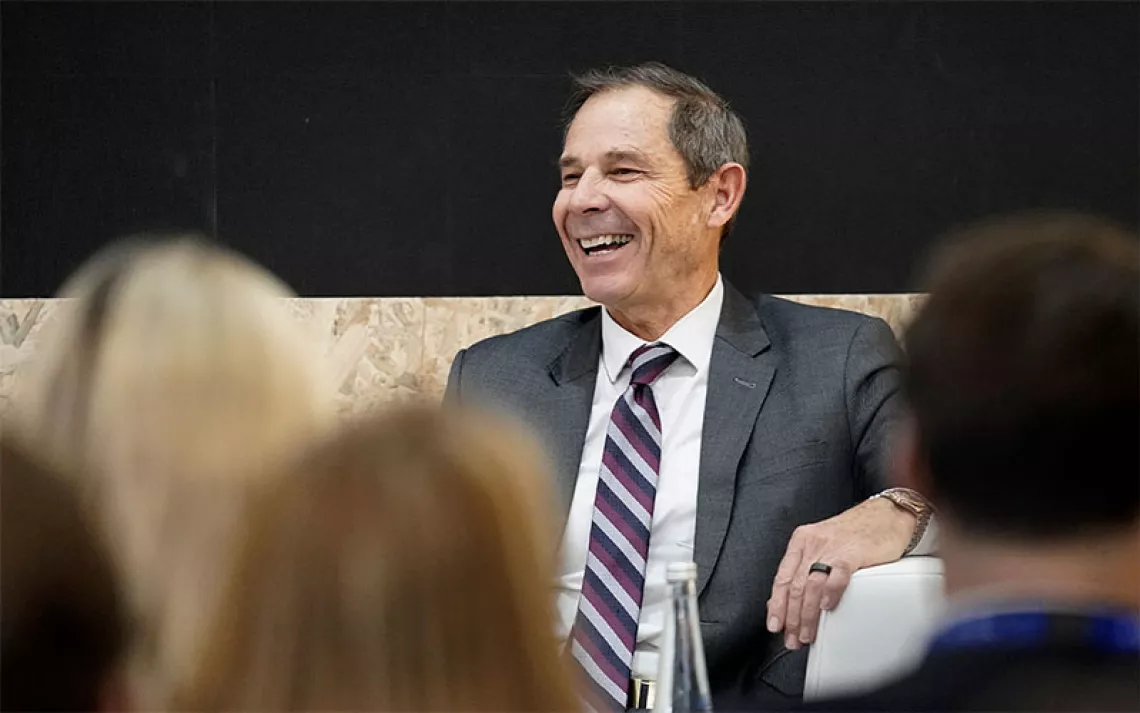When Silence is Cowardice
Simply telling the truth is not a call to violence. It never has been.

Distributed by Trice Edney Newswire
When the stakes are high … when there is a real threat … should staying silent even be an option?
Martin Luther King, Jr. had a lot to say on the subject of silence.
He said, “There comes a time when silence is betrayal.” And, “Our lives begin to end the day we become silent about things that matter."
He spoke of how, in the struggles for freedom and justice, what we will ultimately remember is “the silence of our friends.”
So are we to be friends to the vast numbers of Americans whose fundamental rights and livelihoods are on the line at a pivotal time for our nation? Are we to be friends to the communities that we know will be targeted, marginalized, and denied America’s promise of opportunity? Are we to be friends to the planet itself, and the life it supports from the bounty of nature to the entire human race?
Many people would say that when faced with the choice to speak up – to sound the alarm – or to remain silent, that choosing silence is not simply cowardly, it is immoral. I am one of them.
The greatest movements for freedom and justice of the last century were defined by peaceful methods. Passive resistance in the civil rights movement. Civil disobedience in anti-war efforts. Divesting financial support from unjust systems and institutions like South African apartheid.
From rallies and marches to peaceful sit-ins, in no way was speaking out ever seen as a call to violence. Shining a light on injustice is necessary. And in a democracy, the most powerful remedy must always – always – be ballots, not bullets. That is why we organize.
There is a difference between truthfully explaining to people what is at stake for them in an election and targeting one’s political opposition with dehumanizing slurs. The same goes for using dehumanizing rhetoric against groups of people based on their race, religion, gender identity, sexuality, or national origin.
The difference between truth-telling and violent or inciting rhetoric is not simply in the eye of the beholder. We should be expected to be able to draw the line between the two. Political actors need to respect that line. And the media does too. For the news media, that means not being cowed into treating important and necessary truth-telling as something dangerous or unsavory.
This is not rocket science.
It is unacceptable to suggest we are in the middle of a second civil war and that it could tip to violence if one side does not get their way. It is unacceptable to suggest that certain election results could trigger a “bloodbath” or warrant armed insurrection or violence between various groups or factions of Americans.
What else is and should be out of bounds: calling opponents “vermin,” describing them as a disease, referring to certain groups of people as “rats” or less than human, or saying the primary goal of tens of millions of people who might disagree with your politics is the actual destruction of our country.
What is certainly fair game and must remain fair game: vocally sharing the truth, in a matter-of-fact way, about your opposition’s stated agenda and policies, and what is at stake with the choices in any given election.
Right now, in the wake of the most recent act of political violence – itself a direct attack on our democracy, to be sure – many far-right media figures and activist leaders are trying to equate fair criticism and discussion of the stakes of this election with violence-inciting rhetoric. It is a scam. And it is yet another attack on our democracy. That is because democracy depends on a certain amount of transparency, the civil free exchange of ideas and information, and a free press that is not too intimidated to report the facts or shy away from those sounding legitimate alarms.
Calls to suspend valid criticism of any party or candidate are no different than calls to quash dissent or eliminate critical thinking among the members of a society. The mainstream media, from newspapers to networks to online platforms, must fulfill their obligation to the truth and live up to their important role in our democracy. They must not give into cowardice. They must continue to provide a platform for those who tell the truth and continue to report, loudly and clearly, on facts, evidence, and what is at stake for our country.
Paid for by Sierra Club Voter Education Fund.
 The Magazine of The Sierra Club
The Magazine of The Sierra Club



